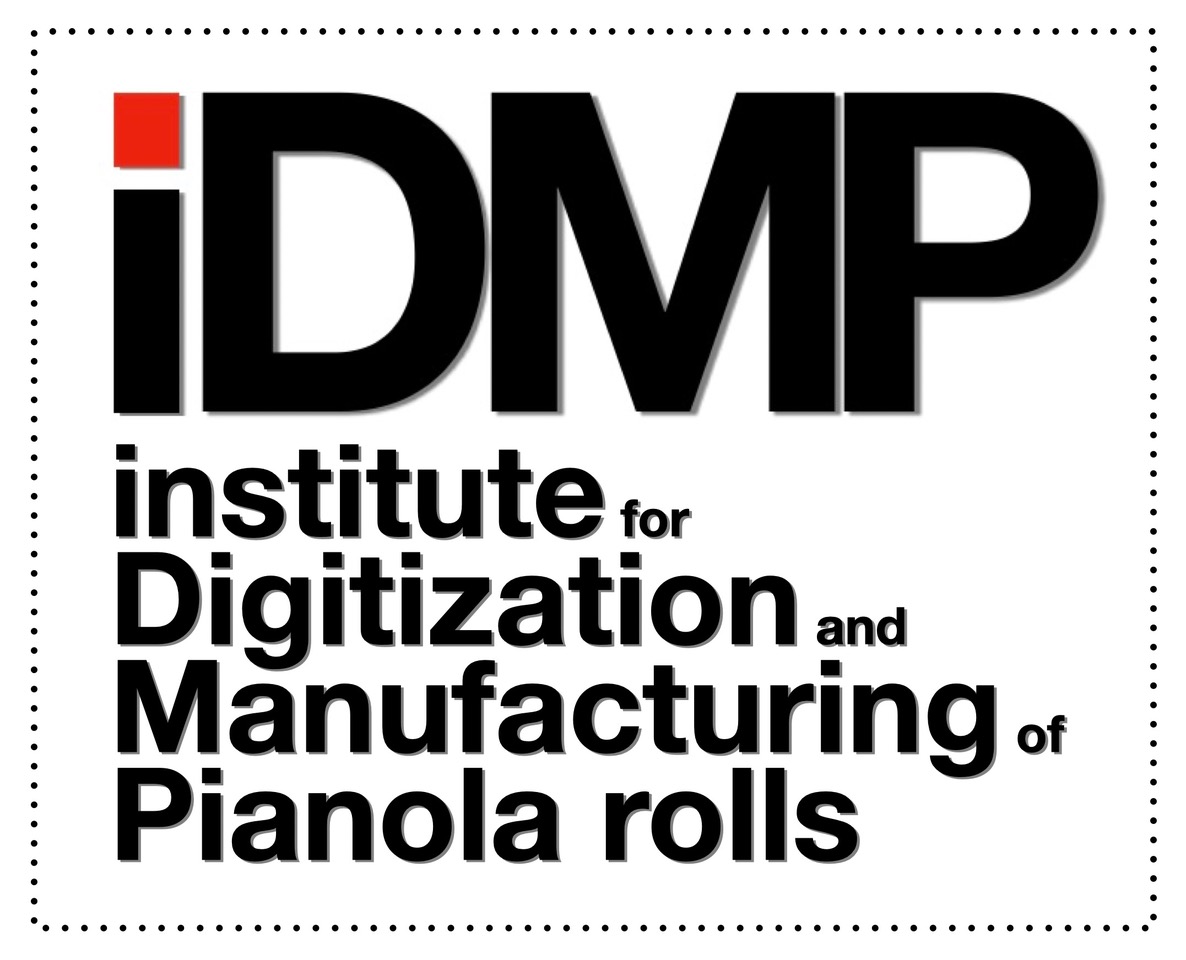Even if pretty much every piano can still make a sound regardless of its condition, the widespread statement in adverts that it 'just needs tuning' is usually not true.muss nur gestimmt werden…‘ meistens nicht.
With good care, even a piano that is well over a hundred years old can still be in good condition - in principle, it can be assumed that there are obvious and hidden ageing and usage defects, which can also mean a total economic loss.
We do offer Piano assessment and evaluation of your instrument as a fee-based service.
A piano basically has three elements, ...
the acoustic system
(cast iron frame, soundboard, stringing incl. tuning pins, pin block)
the action incl. keyboard and pedals
the case
If the piano case has no significant damage (cracks or breaks), only the acoustic system and action/keyboard are relevant for the condition assessment in terms of playability and sound. When considering the overall current value of the instrument and any restoration costs, the condition of the body must also be taken into account. If the body has critical damage - or severe pest/mould infestation - the piano is only suitable for use in a living room after professional renovation.
Critical damage is usually not easy to detect for the layman - and often not even for experts. Critical is anything that severely restricts tuning and playability or even makes it impossible. This includes
Cracks in the Piano soundboard
While normal signs of wear and tear, e.g. on the action, can be repaired with reasonable effort, damage to the substance can only be repaired at great expense.
It is advisable to ask the previous owner when the instrument was last tuned, how regularly it was tuned and at what pitch it was tuned. The previous piano tuner will certainly have made valuable comments on the tuning. In any case, we recommend taking a piano expert with you to viewings, especially if you are buying privately. This is also best if you are buying a piano from a dealer. In addition to other standard tools, they should also have an air humidity and wood moisture meter with them to check the situation on site and in the instrument.


